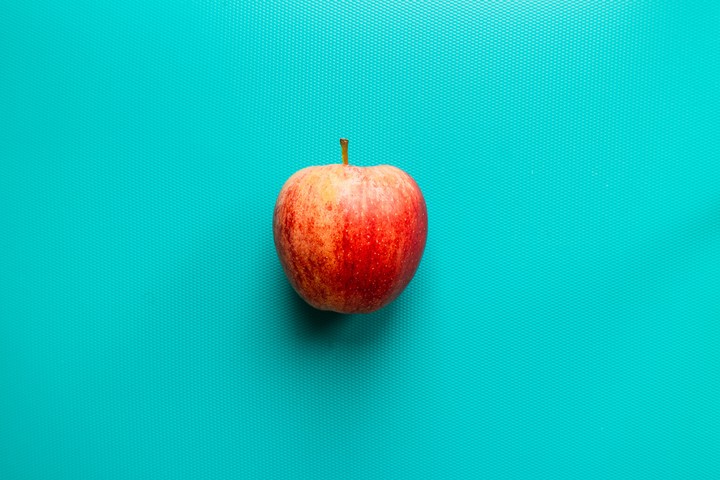 Image credit: Unsplash
Image credit: Unsplash
Abstract
In this study, we tested an integrated model for why young adolescents consume fruit, vegetables, and water. The model was based on evidence from studies applying three dominant theoretical approaches, including planned behavior, social norms, and intrinsic motivation. The integrated model was tested with structural equation modeling using four data-collection waves of the MyMovez Project (MyMovez, 2017) in which 953 young adolescents (53.9% girls; Mage = 11.19, SDage = 1.36) participated. Self-reported measures were used to assess young adolescents’ fruit, vegetable, and water consumption, self-efficacy, attitude, social norms of parents and peers, behavioral intentions, and intrinsic motivation. The analyses revealed that young adolescents’ intrinsic motivation to eat fruits and vegetables or drink water predicted changes in their fruit, vegetable, and water consumption. Furthermore, adolescents’ perceived descriptive norm of parents (i.e., perception of the prevalence of their parents’ water consumption) also predicted changes, but only for water consumption. The current findings show that young adolescents’ intrinsic motivation (and, to some extent, parental social norms) is the strongest predictor of their consumption of fruit, vegetables, and water. It is important to note, behavioral intentions do not predict their actual behavior over time. Consequently, interventions should focus on increasing young adolescents’ intrinsic motivation to perform the targeted behavior while incorporating the influence of the social context.